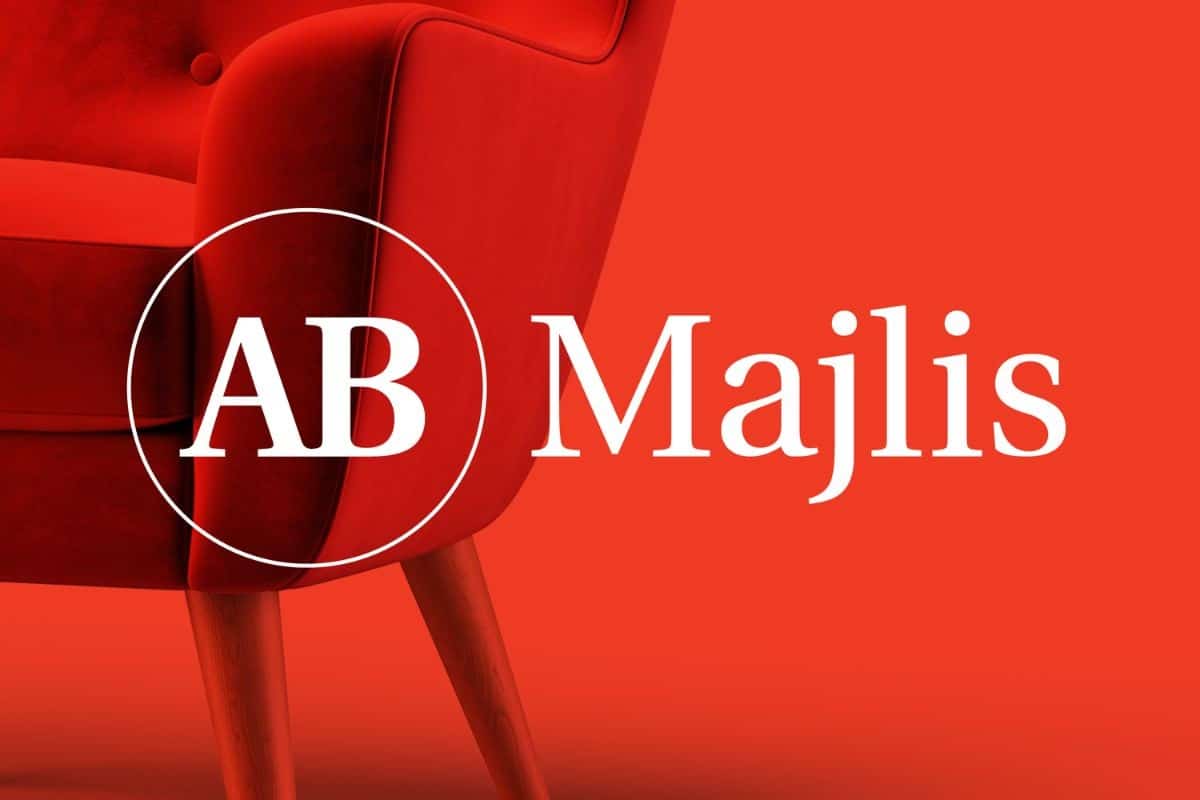AB Majlis Podcast: Women Leadership, Navigating Corporate Challenges With Mastercards Amnah Ajmal

“I think there still has to be a large amount of awareness and education about the stereotypes that exist, which make it difficult for women to be represented at the most senior levels. It’s good if you have a 50 percent workflow as women, but it’s not good if most of them are actually in junior roles,” said Amnah Ajmal, Executive Vice President, Market Development, EEMEA at Mastercard, in the latest episode of the AB Majlis podcast.
Despite significant strides, the corporate world remains a complex ecosystem where gender equality is more of a work in progress than a completed mission. Ajmal’s insights reveal a picture of progress and persistent challenges.
Modern corporations have made tangible improvements by implementing equal pay policies, establishing comprehensive parental leave frameworks, and creating diversity scorecards. However, the deeper structural challenges remain.

A research example Ajmal highlighted exposed the subtle yet pervasive gender biases: mothers applying for jobs were statistically less likely to receive offers and were offered lower salaries, while fathers experienced no such penalties.
“It’s good if you have a 50 percent workflow as women, but it’s not good if most of them are actually in junior roles. There’s something we are missing over here. Women should be equally represented in drones, where decisions are being made, where P&L is being discussed, where shareholder value decisions are being made,” she said.
In the rapidly evolving world of artificial intelligence, Ajmal sees both immense potential and significant responsibility.
However, she warns that without diverse representation, AI risks amplifying existing human biases. The multi-billion dollar AI industry continues to remains overwhelmingly male-dominated, creating a need for women’s participation in research, policy-making, and technological development.
“AI can scale everything pretty quickly. It can also scale the biases that we as humans have had for years pretty quickly, because AI is using the same data, which actually humans have decisioned on. So my bias is already incorporated in that data, and then you’re using the same data to scale it right?” she explained.
Leadership beyond traditional boundaries
Ajmal’s leadership philosophy transcends conventional management approaches. She emphasised three core attributes for emerging leaders: courage, agility, and perseverance. In a world where technological disruption is constant, these qualities are not just desirable, they are essential.
Her personal leadership narrative is punctuated by a transformative moment early in her career when a mentor challenged her to embrace risk. “So what if you’re fired?” he said to her, a perspective that fundamentally reshaped her approach to professional challenges.
Practical strategies for empowerment
Mastercard’s approach to gender equality offers a blueprint for meaningful corporate intervention. Their initiatives include:
- A mandatory 50 percent slate process ensuring gender-balanced candidate pools
- Supporting international mobility for professional development
- Creating infrastructures that support women’s career progression
Ajmal advocates for a cultural transformation that extends beyond corporate policies. She calls for men to actively normalise conversations about parental responsibilities, making childcare a shared conversation rather than a “woman’s issue.”
For women aspiring to technological leadership, Ajmal offers practical wisdom: invest in confidence, pursue passion-driven specialisations, and commit to continuous learning.
The path to gender equality in technology and leadership is not a destination but a continuous journey of awareness, intervention, and systemic transformation.
“Invest in your confidence, it’s really, really important that you have that confidence, because it matters you would be surrounded and you would be entering a very male dominated industry,” she advised.
“Second is the passion. The third, I would say, is there’s so much so that you learn in a job, and there’s so much more that you learn beyond your job and focus on that,” she concluded.
Tune in to AB Majlis every Monday
To listen to the full episode and gain a comprehensive understanding of doing business in the Gulf region, visit our RSS feed or check out AB Majlis on Spotify, Apple Podcasts, and other platforms.
Episodes are also available on:
Tune in every Monday for weekly episodes that will help you stay ahead of the curve and enrich your understanding of the Gulf region.
Subscribe to Arabian Business for more exclusive content.
Dubais Magellan Capital Launches Flagship $975m Hedge Fund
Dubai-based manager is opening its absolute return platform to third-party capital for the first time The post Dubai’... Read more
UAEs FAB Posts 22% Jump In Q4 Profit, Beats Estimates
UAE's biggest bank FAB reported a record 2025 profit after strong Q4 results, higher non-interest income and expanding ... Read more
Dubai Unveils $27.2bn DIFC Zabeel District In Landmark Financial Hub Expansion
Dubai unveils $27.2bn DIFC Zabeel District, a landmark expansion set to reshape the city’s financial hub amid global ... Read more
Digital Payments Dominate Saudi Arabia As Cash Use Continues To Decline, Visa Says
Visa research shows 80% of transactions in Saudi Arabia are now digital, highlighting accelerating consumer shift away ... Read more
Saudi Venture Capital Surges 145 Per Cent To $1.72bn In Record 2025
Saudi Arabia leads MENA venture capital for a third year, with 2025 investment reaching $1.72bn across a record 257 dea... Read more
GCC Debt Market Tops $1.1trn As Dollar Issuance Surges – Report
Fitch Ratings says GCC debt capital markets grew 14% in 2025, led by US dollar borrowing and record sukuk activity The ... Read more

